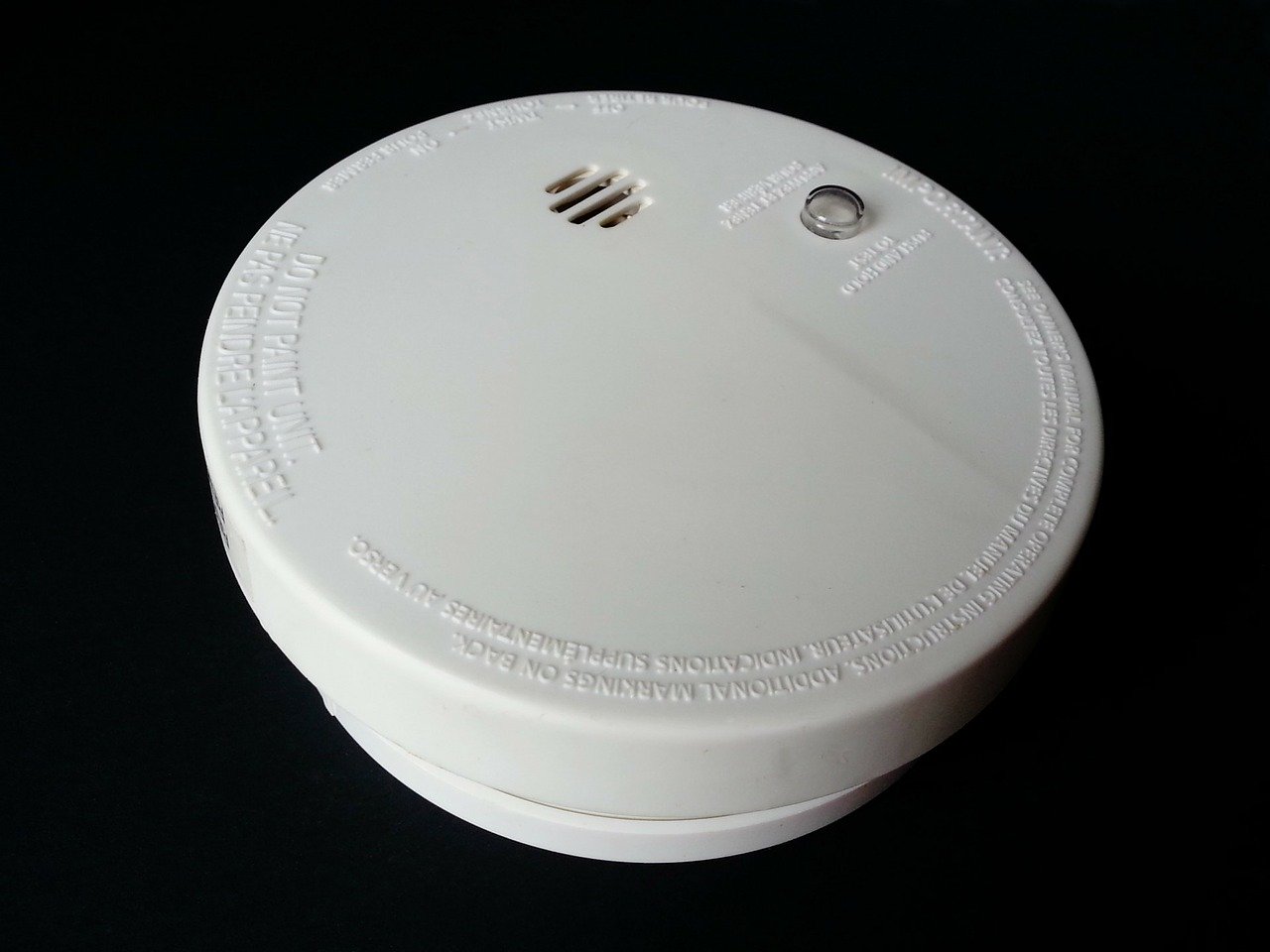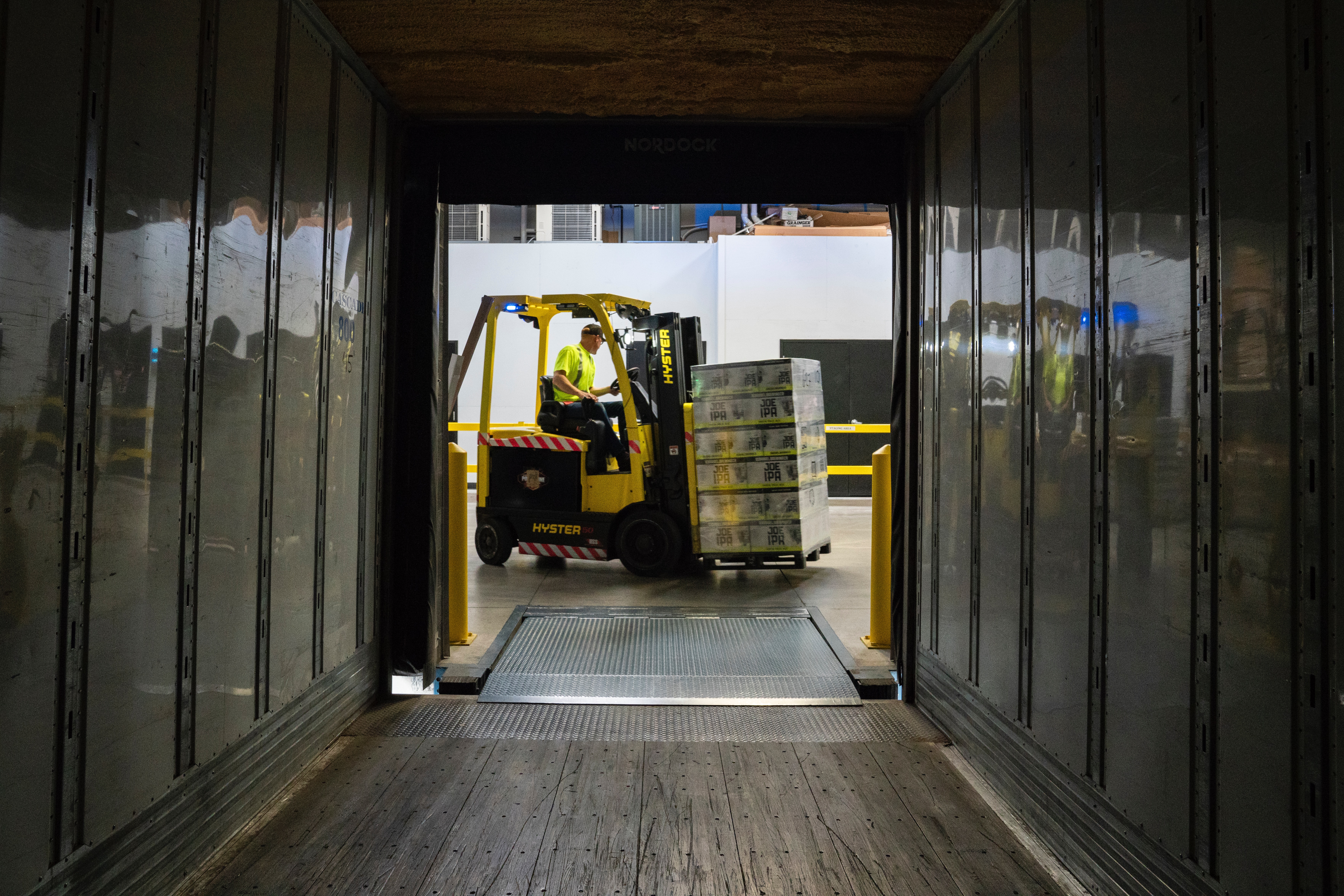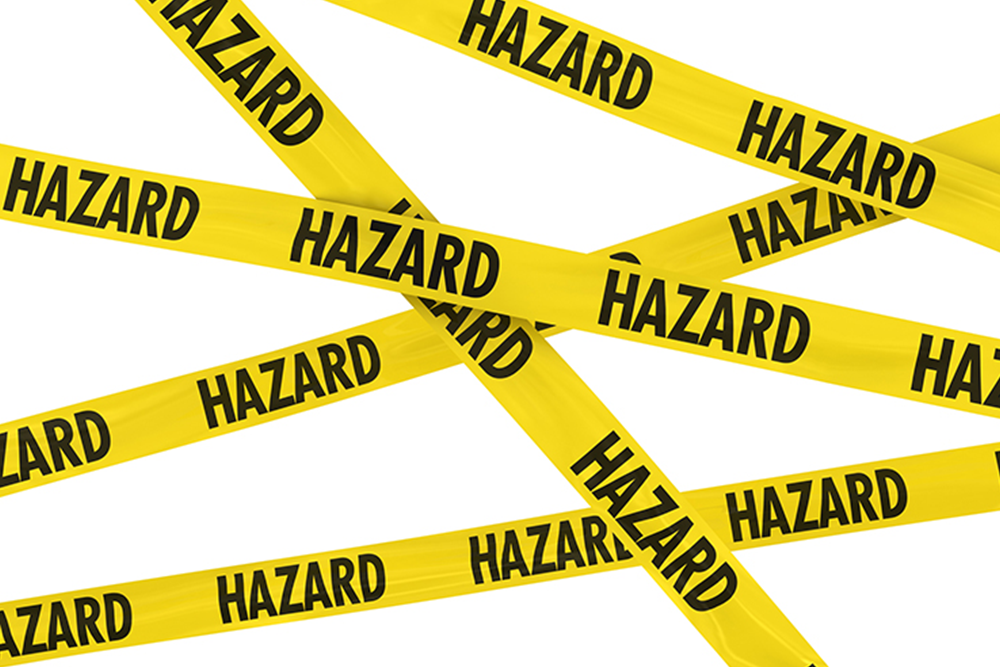The Home Office has announced the launched of the Fire Kills campaign for 2020. This campaign has been designed with help from the National Fire Chiefs Council to promote fire safety in the home by raising awareness of common hazards and promoting the use of smoke alarms. Some key statistics highlighted by the campaign include: You are around 8 times … Read More
LEAVING THE EU HOW DOES THIS AFFECT HEALTH AND SAFETY REQUIREMENTS?
The UK ceased being a member of the European Union on 1st February 2020 and has now entered a transition period due to run until 31st December 2020. So what does this mean for your health and safety responsibilities? While we are in the transition period the rules and regulations that cover health and safety will continue to apply and … Read More
CONCERNED ABOUT CORONAVIRUS
While the risk to individuals in the UK remains low it is not unreasonable to be concerned about the global spread of the new Coronavirus following the outbreak in Wuhan, China. In the UK, as at 10th February, it has been reported that a total of 1,114 people have been tested of which 8 had tested positive and the rest … Read More
MANUAL HANDLING GUIDANCE REVISED
The HSE have published an updated version of their leaflet “INDG143 Manual Handling At Work A Brief Guide”. The leaflet is aimed at employers and gives information on the problems associated with manual handling and gives guidance and practical advice on how to reduce the risk of injury from manual handling. While the regulations and the HSE’s policies on manual … Read More
DRIVING GIG GUIDE LAUNCHED
The term “gig economy” is generally used to refer to people working on a less formal basis than the traditional full-time 9 to 5 job. Typically, this can involve someone working on a task by task basis for several providers, often with the work arranged through an online platform. This may be the sole source of income for some individuals … Read More
CLEARING SNOW AND ICE: WHAT DO I NEED TO KNOW?
Health and safety regulations require employers to assess risks and where necessary take action to reduce those risks, this includes the risks of slips and trips. Specific regulations require that, so far as is reasonably practicable, every floor and traffic route in a workplace should be kept free from obstructions and from any article or substance which may cause a … Read More
Pigs In Blankets – Risk Management
Christmas is a time for many things, family, tradition, joy, remembrance, food and sharing are just a few, but one thing no-one wants to share is food poisoning. Yes, I know, the health and safety people are being Christmas grumps again, but with the Food Standards Agency estimating that there are one million cases of food poisoning in the UK … Read More
MOBILE OVEN CLEANING SAFETY ALERT
Following an incident where a van exploded the HSE have issued a safety alert regarding mobile oven cleaning services. Typically, these services involve a van equipped with a dip tank to soak oven parts in hot cleaning solution at the customer’s property. This is generally heated either electrically or using a gas burner connected to a liquid petroleum gas (LPG) … Read More
ENFORCEMENT ACTION FALLS IN 2018/19
The latest figures issued by the Health and Safety Executive (HSE) show a fall in the number of prosecutions and notices issued for breaches of health and safety regulations in 2018/19. The HSE and local authorities can issue both improvement and prohibition notices. In the last year 11,040 notices were issued this represents a 4% decrease on the previous year. … Read More
SLIPS, TRIPS AND FALLS STILL TOPPING THE CHARTS
The latest statistics from the HSE show the most common cause of non-fatal injury in the workplace was slips, trips and falls at the same level accounting for around 29% of injuries. So, what can you do to protect your workforce from becoming a statistic? Not surprisingly the precise answer will depend on your workplace and the hazards that exist … Read More









